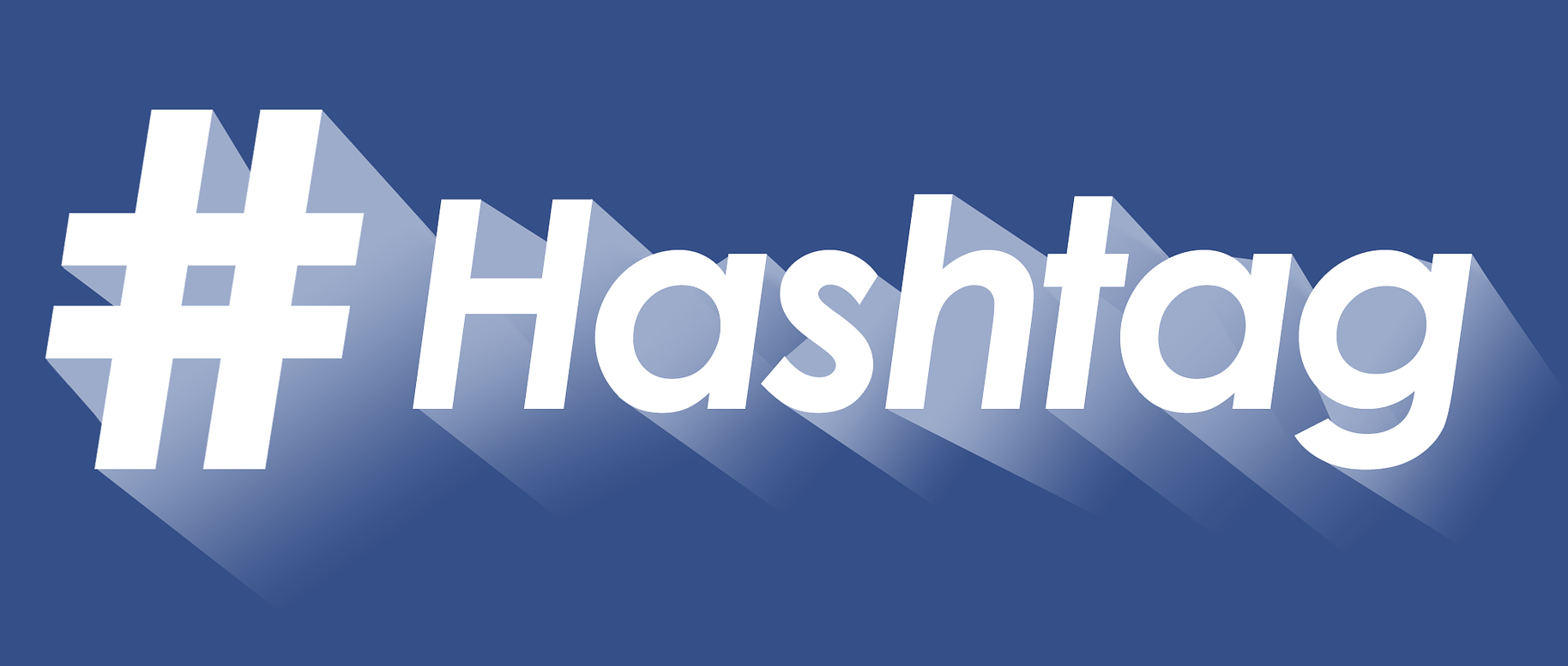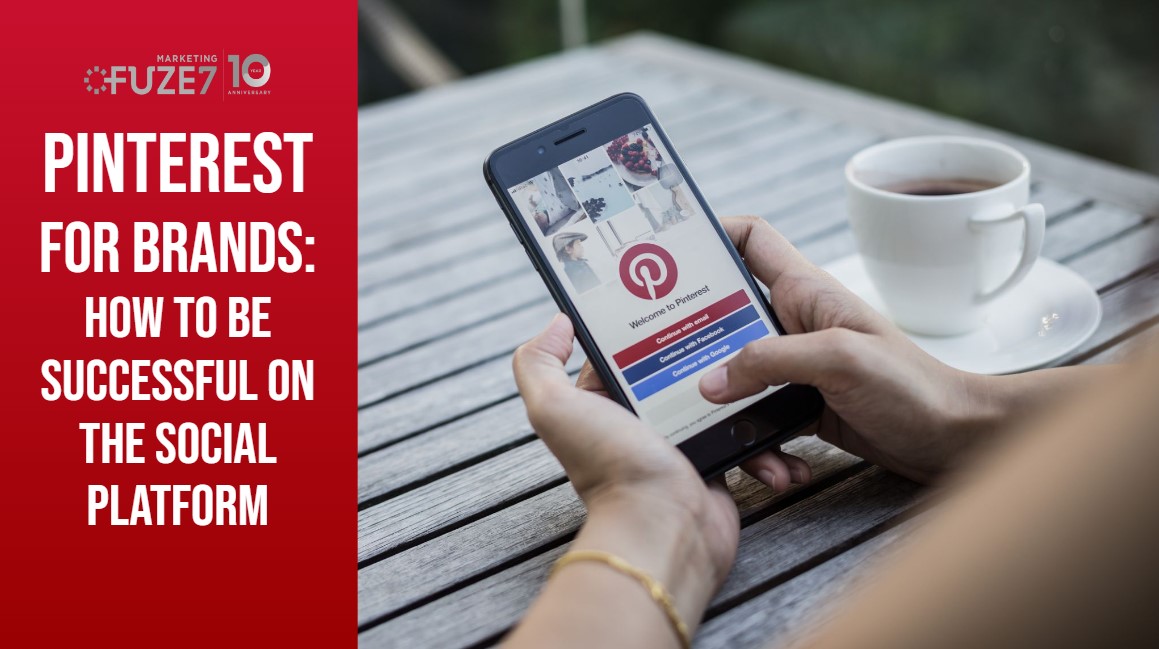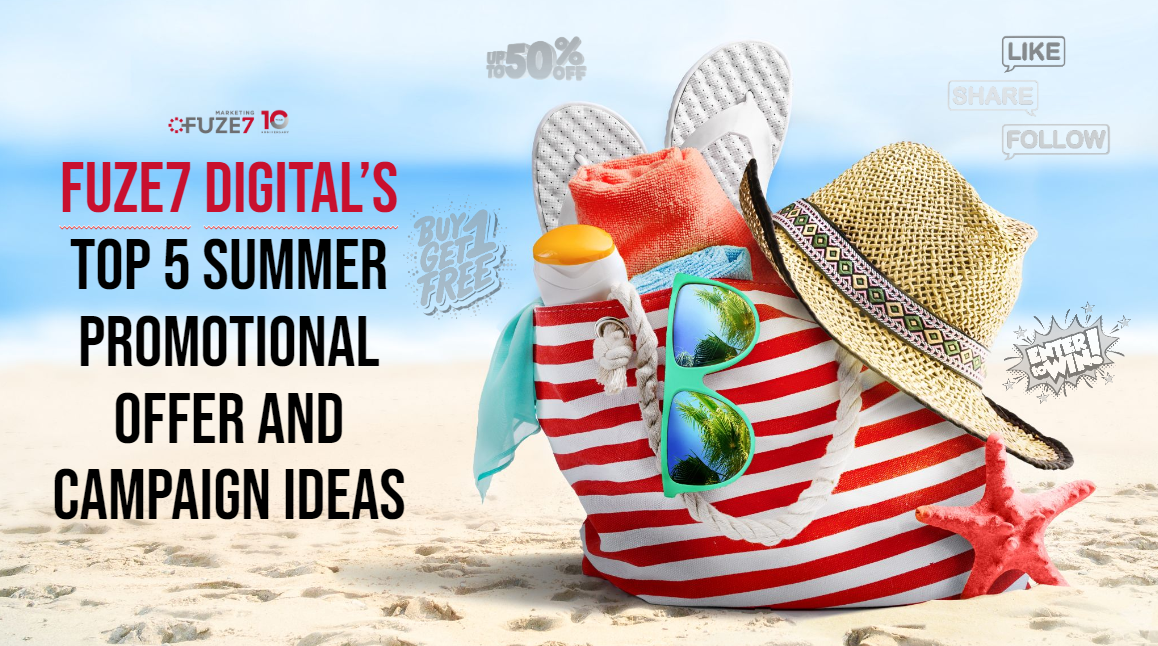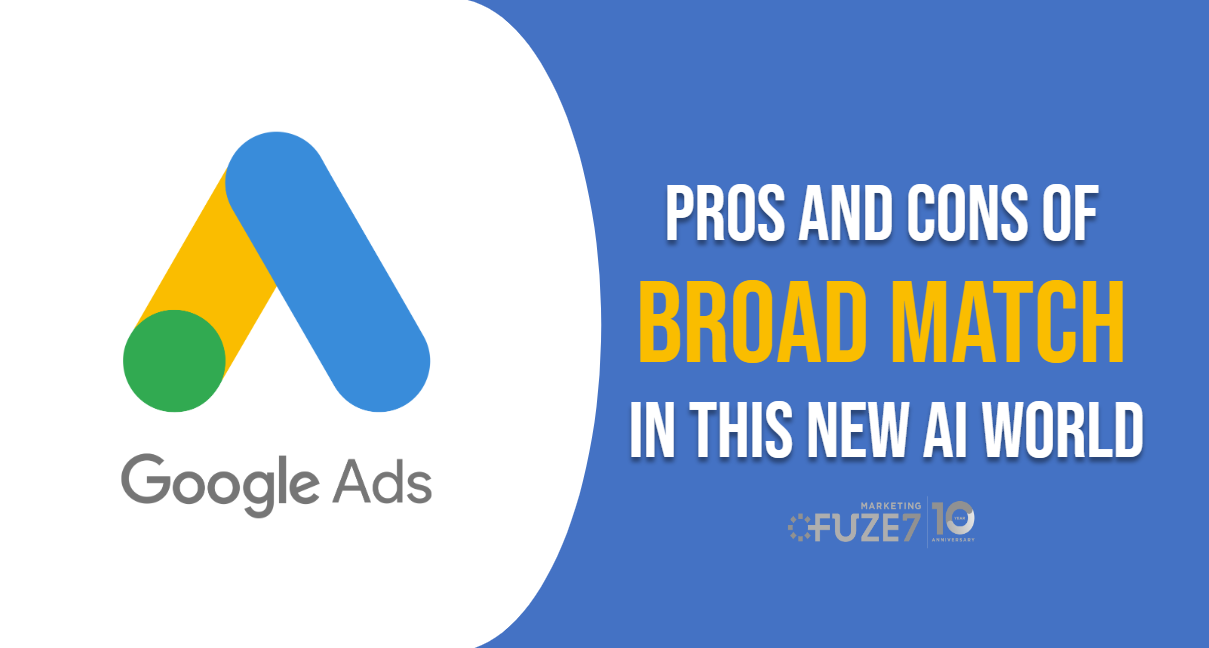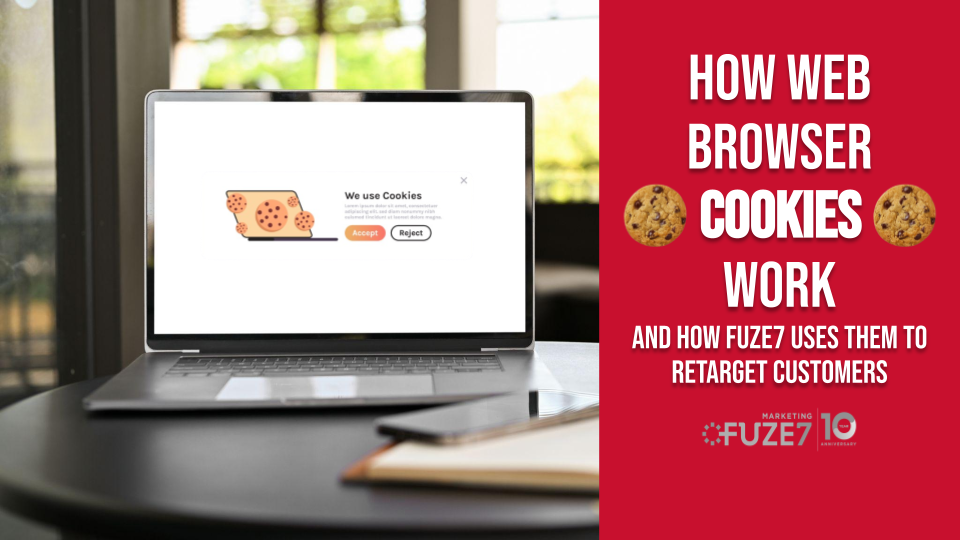Hashtags on Facebook are a hotly-debated topic; do people use them? What is their function? What effects do they have on post reach and engagement? While hashtags on other social media platforms like Instagram and Twitter are widely used and accepted, is Facebook on the same plane? We crunched the numbers on hashtag use on Facebook, and what it means for common social metrics and Key Performance Indicators (KPI). We also took a look at the general public perception of how hashtags work, and whether or not Facebook users interact with tags they find in social posts and profiles. Should brands use hashtags in Facebook posts? Here are the results.
History
Hashtags entered the cultural lexicon in the early days of Twitter’s existence. They were added to the platform on August 23, 2007, by Chris Messina. The # symbol itself was already widely in use in website coding by this time, but Messina saw its potential for helping to categorize content for the masses.
Following the viral nature of their use, Saturday Night Live was compelled to create a hashtag sketch addressing the topic, and how hashtags seemed to transcend the virtual world and into everyday conversation. Following the success of hashtags on Twitter, Instagram (before being purchased by Facebook) added the functionality in January of 2011.
The original intention of hashtags was to create a search function that allowed viewers to aggregate interesting content within a topic, but it became quickly apparent that users could add color commentary to their posts with clever hashtags, regardless of the searchability of those tags. #Superlongphrasesyouwouldnevernormallysearchfor
The Results of Today’s Facebook Hashtag Use
By the time Facebook introduced hashtags to Feed posts in 2013, many of its users had already decided what platform they would spend the majority of their time on. While Twitter and Instagram rose up, Facebook had been around for years. Users of Facebook that do not frequent Twitter or Instagram to interact with friends and news, didn’t already understand how hashtags work. And the metrics echo this basic concept.
Social Media Today shared a report from BuzzSumo, who ran the numbers on Facebook posts with hashtags, in comparison to Facebook posts with no hashtags. What the study discovered was that hashtags actually reduced the overall organic reach of posts when compared to posts without any hashtags.
Facebook has its own algorithm for assigning a value ranking for the posted content. Apparently, this algorithm doesn’t take kindly to being told how to organize the posts brands make. This may be because Facebook prefers brands to spend dollars promoting posts while using the Ads Manager targeting options to properly reach the intended audience.
Is It Worth It, Knowing the Numbers?
SproutSocial, one of the largest aggregators of social KPI and metrics, recently changed its stance on hashtags. Well, slightly. When we first came upon the article Hashtag analytics 101: Using the best hashtags for your social strategy, SproutSocial was recommending that hashtags be ignored entirely for Facebook brand posts. However, as recently as June 2020, the article was amended to say that one or two hashtags in a post are okay.
If hashtags are highly targeted to the intended audience and have “search relevance,” (relevant to search terms similar to how someone would Google search a topic), then they may serve the intended purpose. Brands should use the same one or two hashtags in each post so that if the hashtag is clicked, there is a high chance of the brand appearing multiple times in the results.
Final Thoughts
Whether you are pro-hashtags as a brand or against, hashtags really make only a marginal difference in how your fan base interacts with your Facebook posts. You may see a slight dip in the reach of brand posts, but if you are targeting relevant users with your content via a boosted post strategy, this difference is negligible.
Fuze7 recommends that clients servicing local areas only should include the areas they serve in their posts. Not for the search functionality, but to catch the eye of the viewer prior to contacting the business about services.
As the social landscape continues to change, check back on our blog often for updates!
